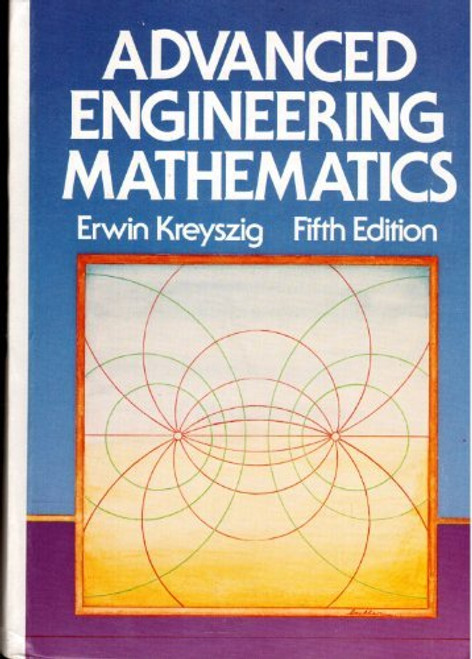Product Overview
Reviews for A Primer for the Mathematics of Financial Engineering, First Edition:
``One of the hottest degrees on today's campus is a Masters in Financial Engineering. Whether you need to retrieve hallowed memories or just want to familiarize yourself with the mathematics underlying this degree, this unique book offers a terrific return on investment.
--Peter Carr, PhD
Global Head of Modeling, Morgan Stanley; Director of the Masters Program in Mathematical Finance, Courant Institute, NYU
``This is the book I always recommend to people who ask about their mathematics before doing an MFE, and a few people could do with reading it after as well.
--Dominic Connor
Director, P&D Quantitative Recruitment
NEW TOPICS: Dollar duration, Dollar convexity, DV01; the effect of parallel shifts in the yield curve to changes in bond yields; bond portfolio immunization; arbitraging the Put-Call parity; percentage vs. log returns for individual assets and portfolios; optimum investment portfolios: maximum return portfolios and minimum variance portfolios; the numerical precision of finite difference approximations of the Greeks.
New or expanded sections: new chapter on solving nonlinear problems; expanded Lagrange multipliers sections; streamlined Taylor series and Taylor expansion sections; Mathematical Appendix at the end of the book.
This book builds the solid mathematical foundation required to understand the quantitative models used in financial engineering. It contains 175 exercises, many of these being frequently asked interview questions. A Solutions Manual including detailed solutions to every exercise in the Primer was published by FE Press. International shipping and Errata at www.fepress.org
The First Edition of the Primer was warmly received by a large audience, including students and prospective students of financial engineering programs, academics teaching in such programs or in finance departments, and practitioners from the financial industry. The book proved to be very well suited for self-study, particularly with the addition of the Solutions Manual
Financial applications (selected): Put-Call parity, bond mathematics, numerical computation of bond yields, Black-Scholes model, numerical estimation for Greeks, implied volatility, yield curves bootstrapping
Mathematical topics (selected): numerical approximation of definite integrals; Taylor approximations and Taylor series expansions; finite difference approximations; Stirling's formula, polar coordinates; numerical methods for solving one dimensional problems; Newton's method for higher dimensional problems








